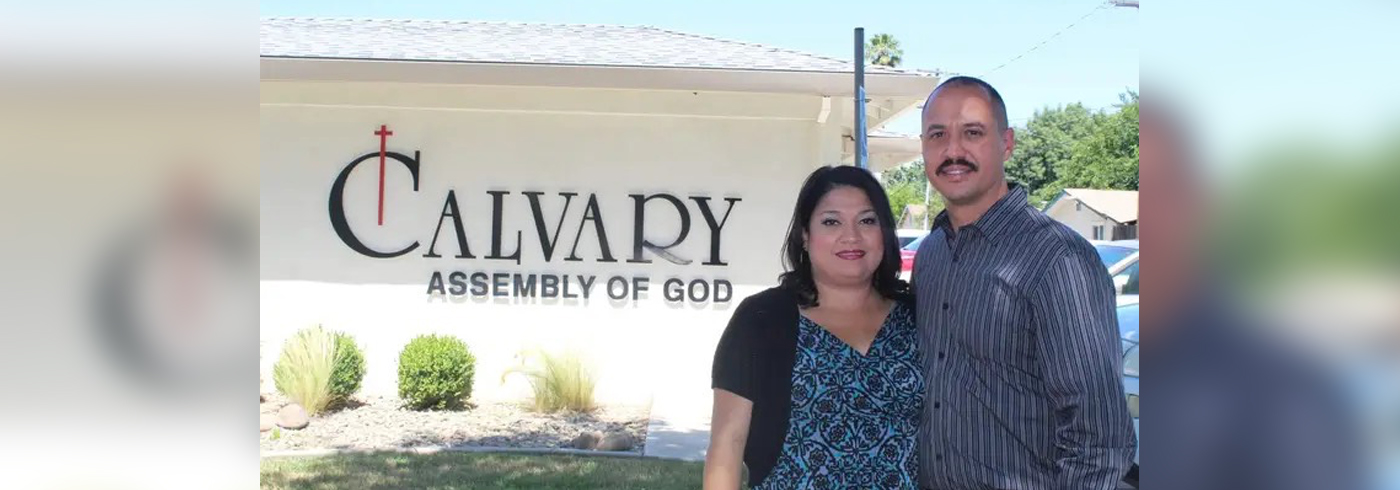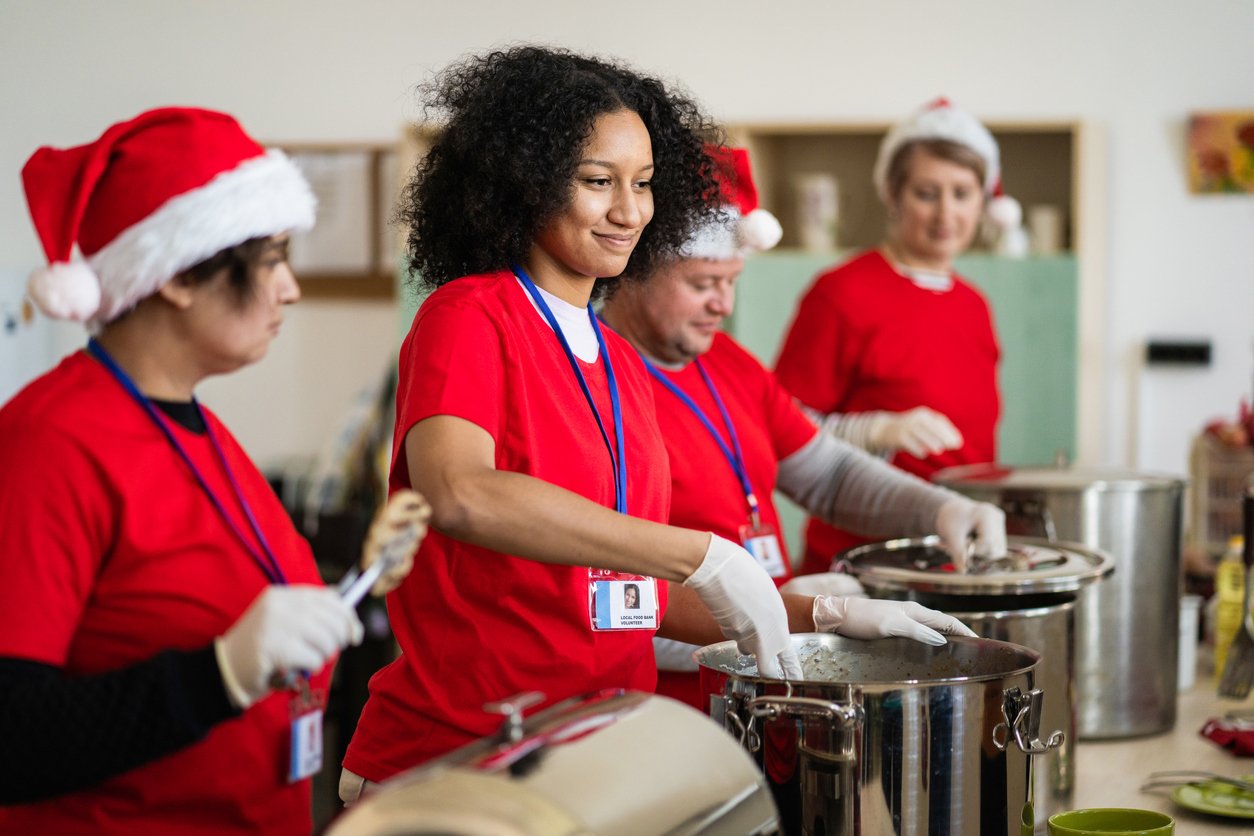California Church Creates New Model for Disaster Relief
 When flooding devastated a community, a California church partnered with a local agency and created a new model for disaster relief.
When flooding devastated a community, a California church partnered with a local agency and created a new model for disaster relief.
When the rains started in January of this year in Merced County, California, residents said they hadn’t seen anything like it in more than 20 years. Thousands of people in the region, which has few encounters with extreme weather, were forced to evacuate, with many facing utter devastation upon returning to their homes. One woman told the Fresno Bee that she woke up to the sound of water sloshing.
“It was chaos,” she recalled. “We lost everything.”
“People just froze,” says Juan R. Ochoa, 39, pastor of Calvary Assembly of God in the city of Merced. “It came as a shock.”
Merced County is a community racked by poverty, Ochoa says. Planada, one of its towns, was hit particularly hard by the floods.
“When people can’t afford to live in Merced, they go to Planada because the cost of living is far cheaper,” Ochoa explains.
All 4,000 of the town’s residents were forced to evacuate during the flooding. About 90% of those who live in the area are renters, according to the Los Angeles Times. Officials told the outlet that very few of those residents were likely to have flood insurance.
Ochoa elaborates that as the cost of living has increased, given the rarity of severe flooding in the region, many chose to risk not having it.
“People can’t afford to fix their homes, so they do everything that they can to remove the mold, but they do not have the cash to fix it. So you can imagine how they’re actually living,” he says, adding that many have had to rip out their carpet and cut out their drywall up to the flood line.
Ochoa further explains that after the floods, county officials came through Planada to perform safety inspections. In doing so, they found many houses that were unpermitted, forcing some people out of their homes.
The pastor adds that while FEMA was able to provide support to some in the community, they couldn’t help everyone. The agency offered low-interest loans to those who needed funds to make property repairs, but as Ochoa points out, a loan isn’t helpful if you can’t qualify for it in the first place.
Another community in the area hit hard by the flooding was Watsonville.
“There are great companies in Watsonville,” Ochoa says. “So you’ve got big people with a lot of money trying everything they can to be able to fix that area. Over here, we’re just farm laborers.”
“Since day one, the Lord has really moved on my heart,” he adds. “I was in prayer, and I just said, ‘God, something needs to get done.’ And it was almost like the Lord said, ‘Yeah, something needs to get done, and I’m looking to you to get something done.’”
“We didn’t have any money to help Planada,” says Ludwig G. Knoester, 73, a longtime board member and volunteer in the church.
What the church did have, though, was a willingness to work hard and be obedient to the Lord’s leading.
Ochoa worked to clear storm drains, and when they found out that many had evacuated to a local hotel, his church banded together to support those who were suffering. They made sandwiches and even set up a week-long program for the kids who were staying there, following the model of their regular after-school program.
The church also teamed up with United Way and an organization called Community Organized Relief Effort (CORE).
With CORE, the church spent one month helping seniors who lived in a nearby trailer park. Many residents of the park had homes come off their stilts. But seeing the massive need still to be addressed, Pastor Ochoa and his congregation wanted to do more in their community.
The church had a residence on its property that had long sat unused. They didn’t have money to fix up the property, which was in need of repairs, but still wanted it to be put to good use. Ochoa came up with the idea to allow construction workers to come from out of town and stay in the property for free while making small repairs to it, provided they would agree to help victims of the flooding.
When Ochoa pitched the idea to the church’s board, they readily agreed.
After initially posing the prospect to one organization, Ochoa didn’t receive any interest. That’s when the pastor went back to God in prayer.
“I mean, I’m sorry to say it, I got a little passionate with the Lord,” he says with a chuckle.
God told the pastor that they would have a response by the end of the day. Sure enough, that day, Ochoa was informed that Habitat for Humanity was interested in leasing the property.
Since then, the organization has committed to making needed repairs to the home as well as expanding it from a two-bedroom, one-bath to a three-bedroom, two-bath. Ochoa says that the repairs will cost the charity about $150,000.
The residence is poised to become a home base of sorts, where Habitat for Humanity workers will get to stay while making repairs to hundreds of homes in the community. It will be returned to the church after five years, move-in ready and fully furnished.
The church has been informed by an official at the California Governor’s Office of Emergency Services that the state intends to use Calvary AG’s partnership with Habitat for Humanity as a model for future disaster relief response.
“We can see the smiling faces of the people of Planada,” Knoester says.
“He gives beauty for ashes,” Ochoa says, referring to the Lord’s provision in the wake of this tragedy.
